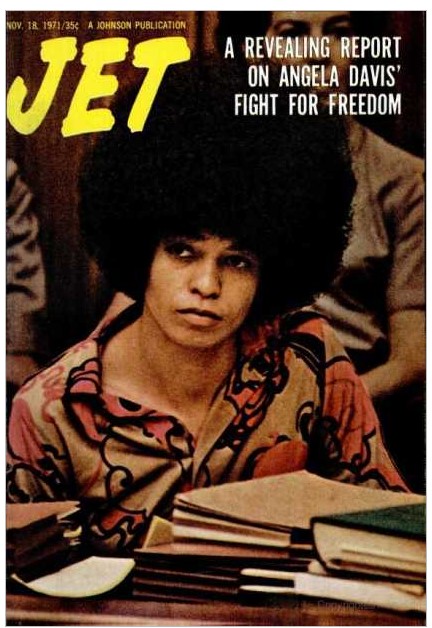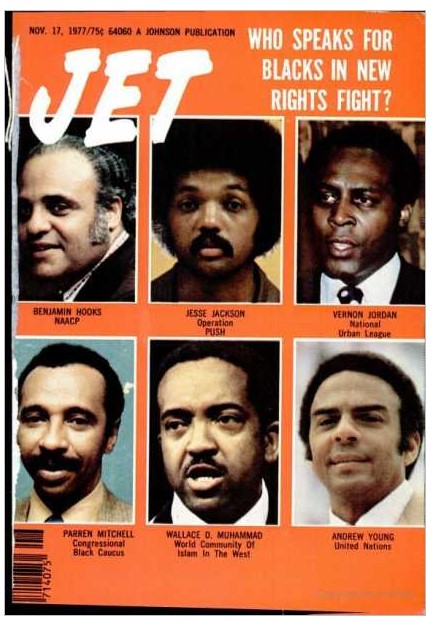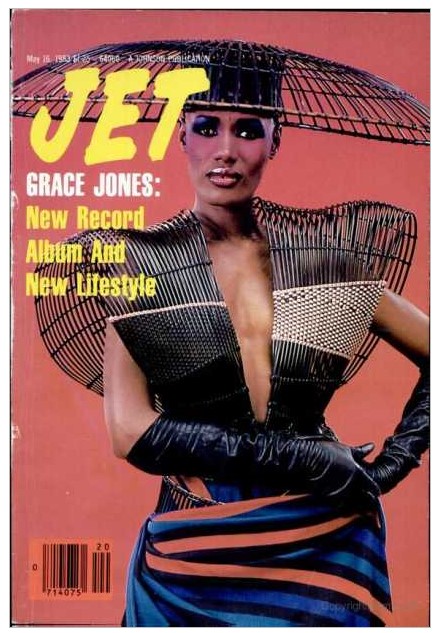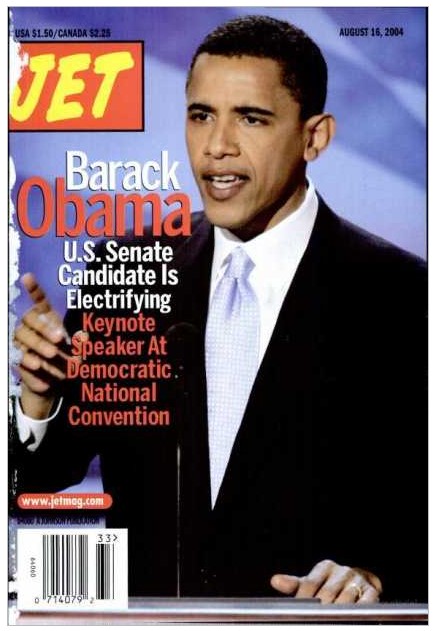[Partially re-blogged from the History Faculty Library blog]
As we continue to grow our eresources collections on women’s history, we are pleased to announce that Oxford researchers now have access to Women’s Studies Archive: Issues and Identities.

National Woman’s Party members picket outside the White House in 1917 with the message, “Mr. President, How long must women wait for Liberty” Source: Women of Protest: Photographs from the Records of the National Woman’s Party, Manuscript Division, Library of Congress, Washington, D.C. 12 © Gale Cengage
This collection traces the path of women’s issues in the 19th and 20th centuries, drawing on primary sources from manuscripts, newspapers, periodicals, and more. It captures the foundation of women’s movements, struggles and triumphs, and provides researchers with valuable insights. It focusses on the social, political, and professional achievements of women, the pioneers of women’s movements, and is useful to understand the issues that have affected women and the many contributions they have made to society.
It is, however, more generally also a useful resource to research WWI, WWII, social and economic conditions, and world events in the 20th century, as described and seen from women’s perspectives and revealed in periodicals, correspondence and papers.
Individual source collections of particular interest to US historians are:
- Periodicals and newsletters from the Herstory Collection, tracing the women’s rights movement in the US and abroad; alongside primary source collections focused on women’s health/mental health and the law.
- Manuscript records of key women involved in political movements, missionary work or American pioneer activities.
- Records of the Committee of Fifteen (1900-1901), a private group based in New York who collected evidence of “vice” – prostitution and gambling- to spur local authorities into action and promote anti-vice legislation.
- Records of the Women’s Trade Union League (WTUL) and its founders.
- Records of political anti-war movements, such as the Woman’s Peace Party (1914-1920), the Women’s Peace Union (1921-1940) and the United States section of the Women’s International League for Peace and Freedom (WILPF) (1919-1959).
- Files from two key grassroots feminist organisations based in Boston and San Francisco, which were part of the second-wave feminist movement.
- Records from the Planned Parenthood Federation of America, including records from it’s predecessors (American Birth Control League and the Birth Control Clinical Research Bureau). Documents include minutes of meetings, conferences, subject files, correspondence and personal papers of key founders.
You can search across the above collections and other Gale databases via Gale Primary Sources. Please note that you will need to use your Single Sign On to access these resources.














